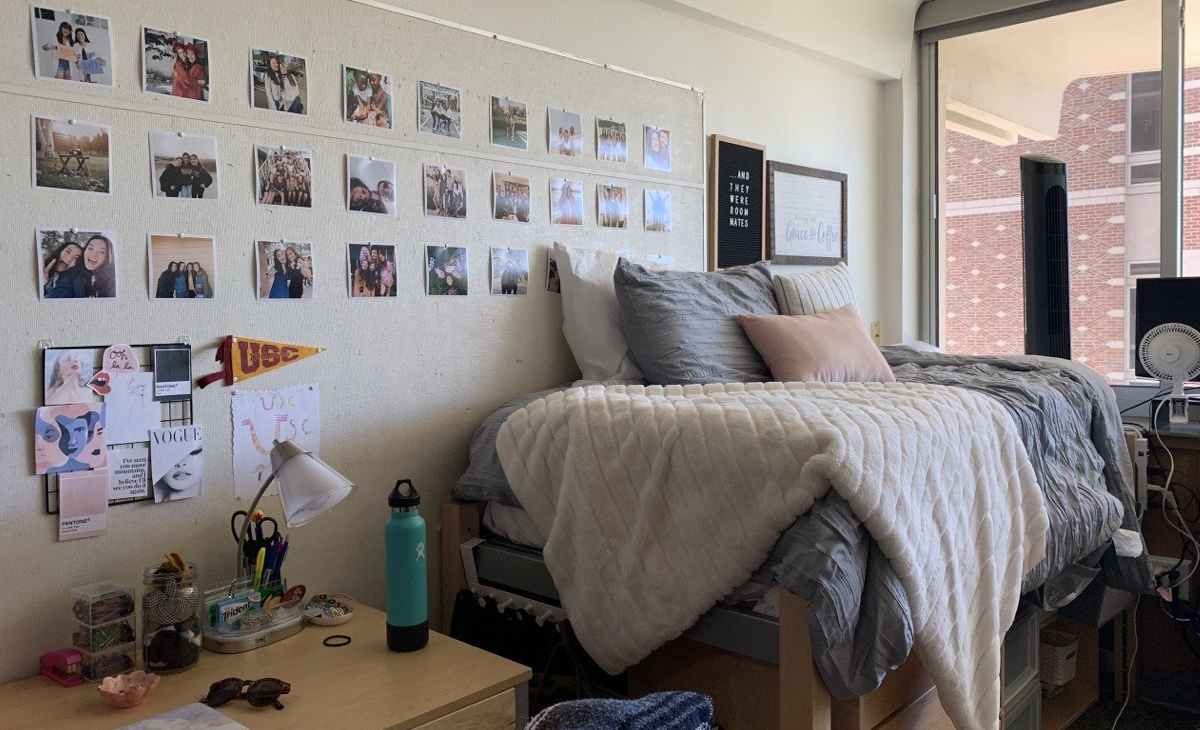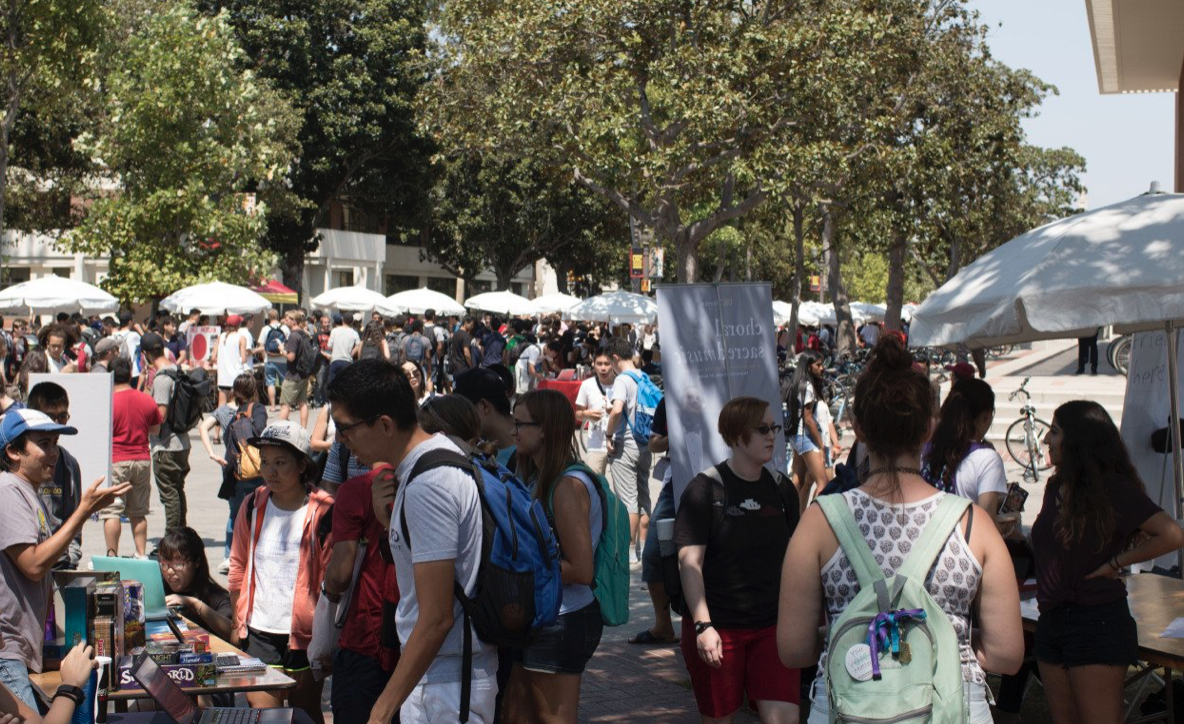UNIVERSITY OF SOUTHERN CALIFORNIA
STUDENT BLOG

Trojans360 Articles
From USC to the UK: Navigating Culture Shock While Studying Abroad
Studying abroad is often described as a once-in-a-lifetime experience filled with adventure, personal growth, and unforgettable memories. But what people don’t always talk about is the culture shock that can come with it.
My Julymester in Greece
My experience studying mythology, ancestry, and oral traditions in Greece through the USC Julymester program was a profound and unforgettable journey. In preparation for the trip, we had a number of meetings to discuss course content and class materials. We were assigned various readings and podcasts to complete ahead of time to prepare for the course and the trip. Having previously taken a Greek mythology class, this opportunity allowed me to deepen my prior knowledge while immersing myself in the culture and surroundings of where these myths were formed.
Want to Study Abroad Without Leaving for a Whole Semester? USC Alternative Study Abroad Options
While a traditional study abroad program might not fit into your course plan, especially if you’re a transfer student or decided on a major late, there are still a number of paths USC offers to learning outside of LA in the US or abroad. These course options that only account for one class from your fall or spring semester have less of an impact on your regular semester schedules, or if it’s an internship pathway, it might have no impact at all on your course plan. If you have the travel itch, don’t let university bureaucracy get in the way.
Latinx/e Heritage Month: USC Resources and Events Around LA
Latinx/e Heritage Month, observed between September 15 and October 15, is a time to commemorate the rich history, vibrant culture, and significant contributions of the Latinx/e and Hispanic communities in the United States.
USC Honors Nisei Students
By: Kelsey Cheng ‘25
USC dedicates Tribute Rock Garden and posthumously awards degrees to Japanese American students who were forced into internment camps.
Outside Your Comfort Zone: Fully Experiencing Study Abroad
By: Talia Walters ‘20
I want to make it clear that the “standard” study abroad options aren’t bad. The key is that your comfort zone is something that only you are able to measure, and decisions based off of that are yours alone. I just don’t think the image of a great, vast world filled with billions of people who aren’t the cookie-cutter USC student is well-presented to students traveling abroad.
International Women’s Day: What USC Should be Doing
By: Natalie Oganesyan ‘22
As an intersectional feminist, I love going to events around campus which feature panels of successful and powerful women. I’ve seen Chimamanda Ngozi Adichie being honored, Roxane Gay and Amanda Nguyen tackling the pervasive problem of sexual assault, Grammy-nominee artists TOKiMONSTA and Cam discussing the lack of gender parity in the music industry, Sandra Bland’s sister calling for police accountability, and much more. All these events uplift women and give them a space to talk about the struggles they face not only as women but also within the intersections of race, sexuality, and class. While these events on campus are phenomenal and I am grateful for the plethora of opportunities available at USC to engage in thoughtful discussions about activism and social change, I feel that engagement on a mass scale is lacking.















